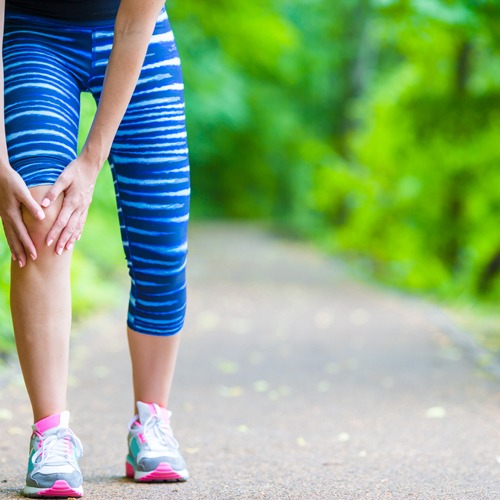Researchers are finding that the benefits of exercising regularly as you age are both numerous and significant. Although exercise could be expected to increase muscle strength through repetitive use of muscles, it also has a host of other benefits to health that make exercise a good idea for people of all ages, but especially for those who are increasing in years and have fewer opportunities for physical activity.
Heart Health

The benefits of exercise for cardiovascular health are well known. Regular workouts help to increase respiratory rate, improve circulation of blood throughout the body and reduce the amount of inflammation in blood vessels that contribute to heart disease and stroke. Just 30 minutes of exercise three times each week can make a significant difference for your risk of these medical problems. Although older people may feel they should do this as the years pass, it’s important to stay active to prevent heart and vascular problems.
Joint Health
As the years pass, the elbows, knees, hips, shoulders and ankles experience normal wear and tear that can begin to develop into arthritis, or inflammation of the bones and tissues of the joints. Orthopedic physicians often advise their patients to get regular exercise to help stave off increasing joint problems. Although this may seem counterintuitive, it’s important to keep the muscles and tendons that support these joint strong and flexible. More damage can be done to joint from inactivity than from regular exercise.
Cognitive Function

One of the more recent discoveries of medical research is the importance of exercise in sustaining good cognitive function in older people. Exercise helps to more blood through the body and helps to keep blood vessels clear. This increased blood flow feeds brain cells so that forgetfulness and other cognitive problems can be delayed or eliminated entirely.
Sexual Functioning
Another surprising benefit of regular exercise for older people is increase sexual functioning. Along with muscle strength, flexibility and better circulation, older people can enjoy stronger interest in sex and better sexual functioning. Researchers believe these overall benefits allow people to enjoy sex more often and better performance.
Lower Stress Levels
People who engage in regular exercise enjoy lower stress levels regardless of their age. However, older people often do not have a large variety of diversions to help them manage stress, so exercise becomes increasingly important for dealing with daily and situational stress.
Better Mood
Exercise also releases a variety of beneficial brain chemicals that help to improve mood. Everyday worries and frustrations seem to melt away after a good workout. Exercise also helps to improve sleep, which also helps to improve overall mood.
Less Disease
With all these benefits, it may not be surprising that regular exercise also helps to reduce the number and severity of illnesses in older people. It helps to regulate blood sugar in diabetics, improve stamina in heart patients and increase range of motion in patients with arthritis. It can also help to lower blood pressure.
